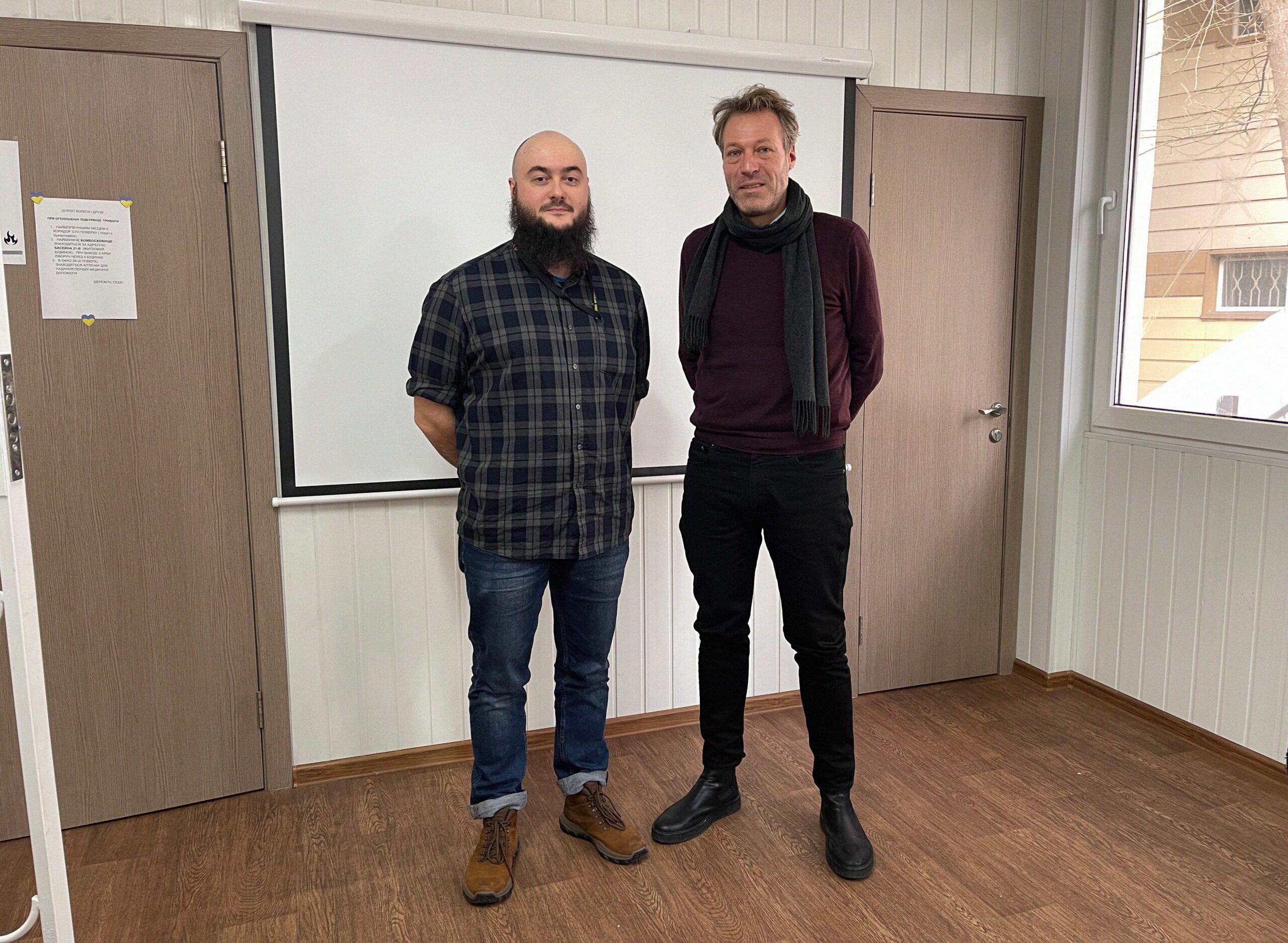The Senior Programme Officer of the Peace Research Institute presented the programme «Dealing with the Past» to the Center for Civil Liberties

Tobias Hagmann, Senior Program Officer of Swisspeace, a leading Swiss-based peace research institute, visited the Center for Civil Liberties. During the meeting, he presented the «Dealing with the Past» programme.
Swisspeace’s goal is to prevent conflicts and assist in the implementation of peace and security policies. The organization collaborates with local and international projects combining experience and creativity to reduce violence and promote peace in conflict-affected contexts. The institute provides research, education, advisory services and information exchange, as well as postgraduate programs and courses in peacebuilding. The main topics Swisspeace works on are mediation, dealing with the past, statehood and conflict, business, peace and gender.
After the full-scale invasion, the staff of the Center for Civil Liberties was trained in the «Dealing with the Past» course. The program supports governmental and non-governmental organizations in designing, implementing, monitoring and evaluating dealing with the past, also known as transitional justice. Subsequently, Roman Nekoliak, the Center’s international cooperation coordinator, took part in the expert council of the Preservation of Open Source Information for Dealing with the Past Processes Findings from the International Expert Working Meeting – November 17-18, 2022 in Basel, Switzerland. Based on the results of the event, the organization’s program report was prepared. He also represented the Ukrainian side at a meeting with Tobias Hagmann, Senior Program Officer of the organization.
«The Global Initiative “Tribunal for Putin” has already collected more than 50 thousand cases of potential international crimes committed by Russians on the territory of Ukraine. The systematic work of data collection and classification requires a constant exchange of experience and obtaining the latest practical knowledge. That is why learning to work with OSINT as part of the “Dealing with the Past” course was useful for the Center for Civil Liberties», – Roman noted.
Transitional justice seeks to ensure the recognition of victims, increase public trust in state institutions, strengthen respect for human rights and promote the rule of law. It is an important step towards reconciliation and avoidance of new law violations.
Center for Civil Liberties operates with the support of the European Union.

